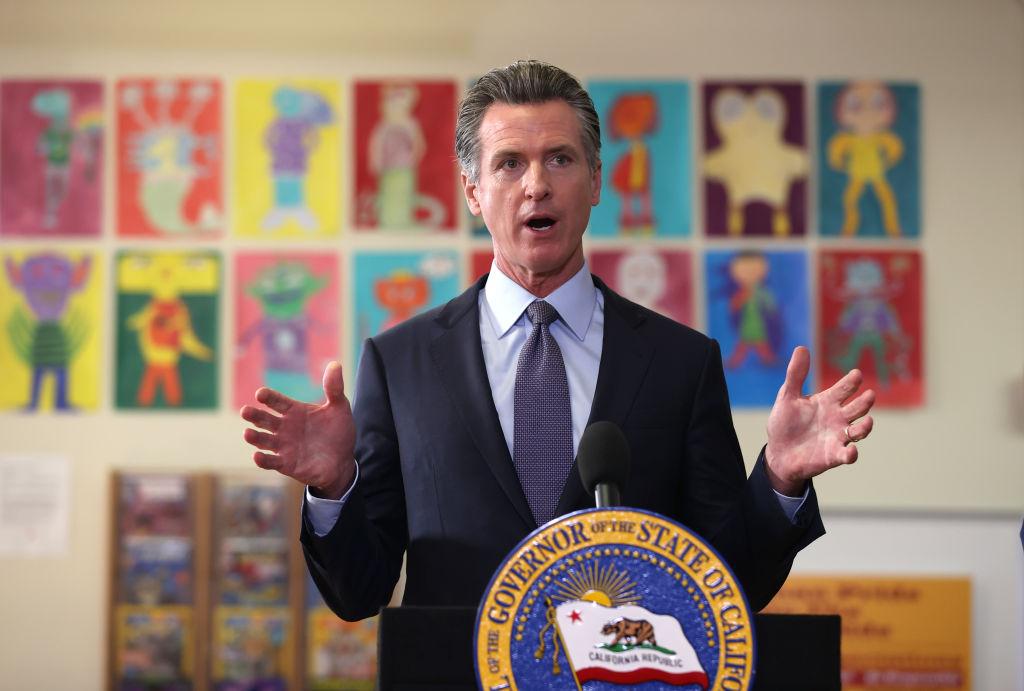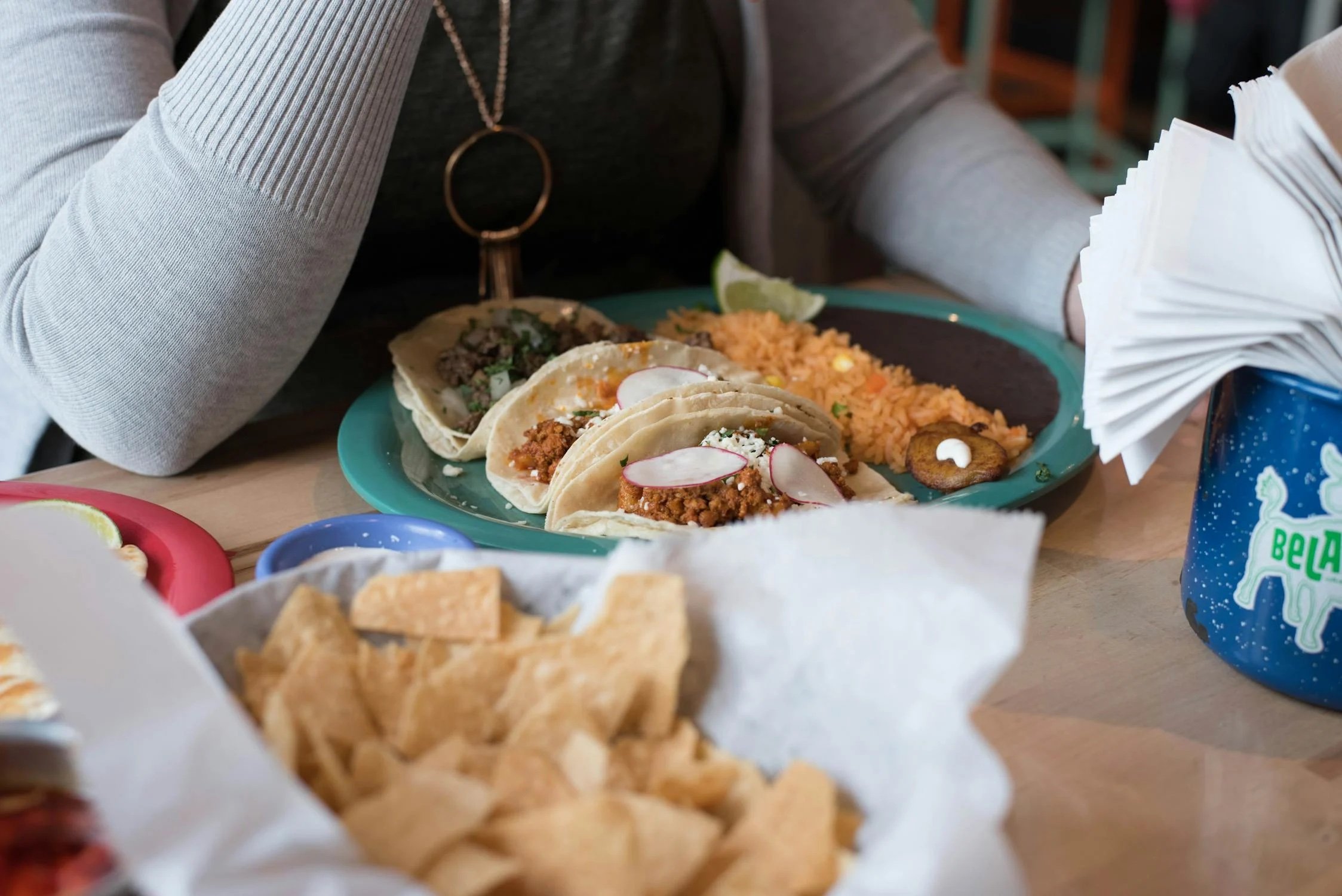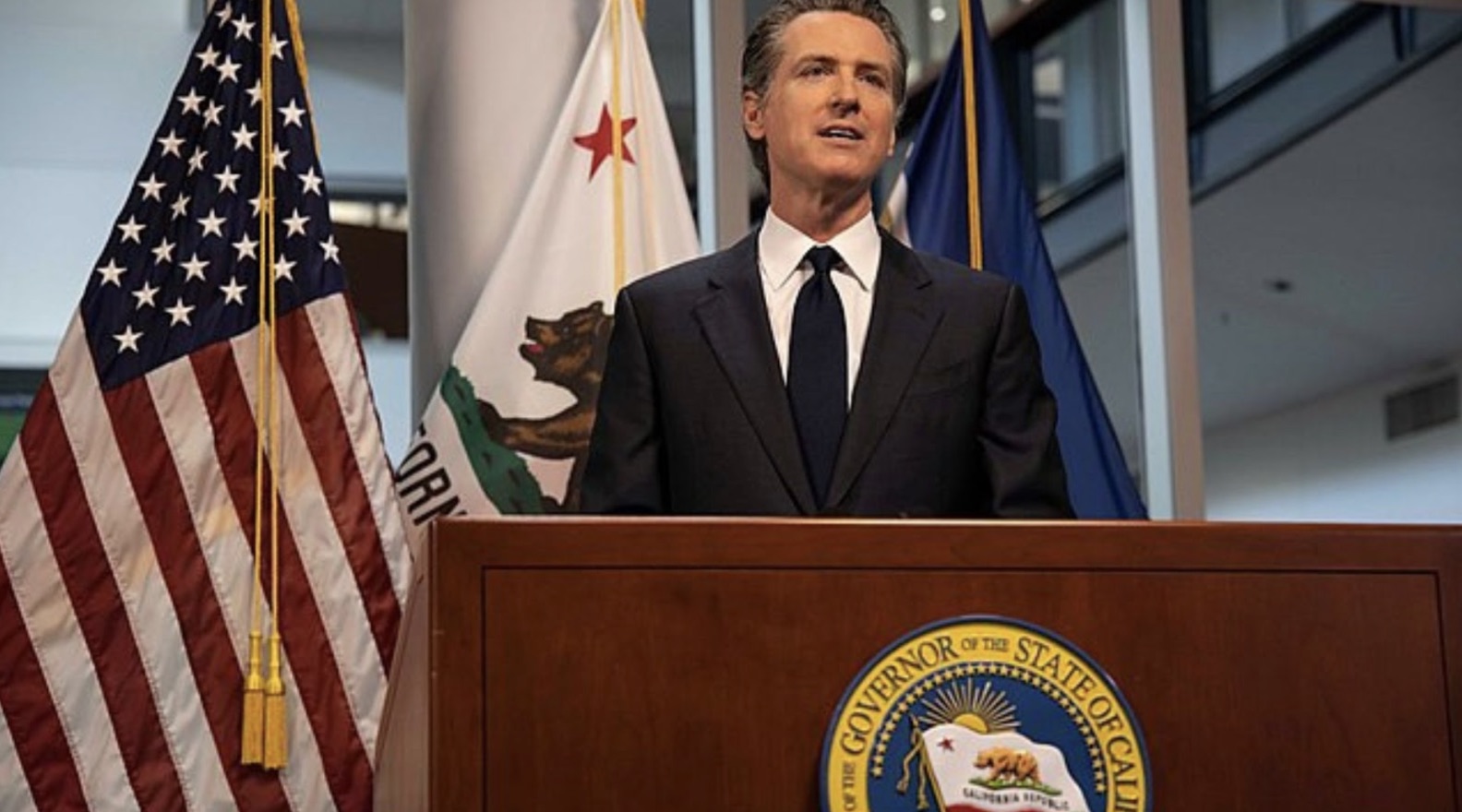CA Governor Newsom Signs Emergency Bill Allowing Restaurants to Keep Service Fees, With a Catch
Late Saturday night, California Gov. Gavin Newsom signed emergency legislation. This law allows restaurants to keep surcharges in place, provided they clearly disclose the additional charges.
The new legislation amends a 2023 law aimed at eliminating “junk fees.”
Background of the 2023 Law
The 2023 legislation was introduced to tackle “junk fees” that many businesses added to customer bills.

Source: Freepik
These fees often appeared as surprises, leading to consumer frustration. Restaurants were initially included in this law.
Making Money on Hidden Fees
Companies often add extra fees when booking a hotel room or purchasing tickets for an upcoming event. Often, these extra fees are normally called “service fees” or other broad labels that make consumers scratch their heads.

Source: Blogging Guide/Unsplash
However, Newsom is attempting to stop these hidden fees by forcing some businesses to display the charges on menus or advertisements.
A Change for the Better
Legal analyst Wendy Patrick told CBS 8 what consumers can expect with the new laws going into effect. “This new law is going to require restaurants to showcase the additional fees somewhere that is conspicuous,” she said. “In other words, no fine print.”

Source: Terje Sollie/Pexels
The restaurant will provide customers with the prices of menu items and any surcharges before charging them for the meal.
The Push for Transparency
This new bill will allow restaurants to disclose any additional fees, such as automatic service charges for restaurants that use a tipless model, “clearly and conspicuously” on menus or “other displays,” as is current practice for many food businesses.

Source: Freepik
“The principle behind this bill is simple: the final purchase price for a good or service shouldn’t be a mystery for California consumers,” Sen. Dodd said.
The Role of Senator Bill Dodd
Senator Bill Dodd of Napa was instrumental in the latest amendment.

Source: Freepik
He emphasized the importance of transparency, stating, “We made it clear they can’t just change it without putting it in clear and concise type on the menu on every single page.”
No More Surprises
“Restaurant customers shouldn’t be surprised when they get their checks by a boatload of extra charges they’re not expecting,” said Sen. Bill Dodd, who also co-wrote the junk fees law, to the SF Chronicle.

Source: Mark Thompson/Getty Images
“Many restaurants are upfront with their business practices but too many aren’t, necessitating action. This proposal will level the playing field for all restaurants and address confusion and disagreement about what is permissible under state law.”
Why This Change Is Needed for Consumers
“Businesses use hidden fees or junk fees to pitch an artificially low headline price to attract a customer before revealing additional charges,” Eleanor Blume, California’s assistant attorney general, said to CBS News.

Alex Haney/Unsplash
“Hidden fees are bad for consumers and bad for competition,” she adds.
People Deserve to Know the Truth
While many businesses and restaurant owners are reading the change, which will ban separate surcharges that restaurateurs increasingly rely on to pay higher wages to staff, consumers celebrate the law.

Source: Andrea Piacquadio/Pexels
“People deserve to know the true price of products upfront so that they can do good comparison shopping and so that there’s just good competition in the marketplace,” Jenn Engstrom, state director for the California Public Interest Research Group, a Los Angeles-based nonprofit, told NPR.
The Fear of Uncertainty for Consumers
“It feels all over the place” right now, Erin Witte, the director of consumer protection for the Consumer Federation of America, tells NPR. “You’re thinking about late fees and increased interest and things like that. So it’s not just annoying, it’s harmful for many folks.”

Source: Freepik
With inflation high and the cost of food increasing, people are uncertain about the cost of their diners making it harder to budget.
The Threat to Restaurants
Restaurant owners say that changes will bring higher prices and sticker shock to consumers, which could then raise the psychological hurdles in customer’s dining habits.

Source: Pixabay/Pexels
This change could hurt restaurants that are already struggling to recover from the devastating blows of the COVID-19 pandemic and the increasing inflation.
California Restaurant Association's Opposition
The California Restaurant Association (CRA) opposed the initial law, arguing it shouldn’t apply to restaurants.

Source: Getty Images
The CRA claimed that menu items do not qualify as “goods” or “services” under California’s civil code.
Support for Restaurants
“This will enable restaurants to continue to support increased pay equity and to make contributions to worker health care and other employee benefits,” Matthew Sutton, the restaurant association’s senior vice president of government affairs and public policy, said in a news release.

Source: Andrea Piacquadio/Pexels
“And, importantly, consumers will remain empowered to make informed choices about where they choose to dine out.”
Conditions for Keeping Surcharges
While restaurants can keep surcharges, they must ensure that these are clearly disclosed. This requirement aims to prevent any surprises for customers when they receive their bill.

Source: Chitokan C./Pexels
Full compliance is expected within a year.
Restaurants are Vital to the State
“Restaurants are vital to the fabric of life in California, and they should be able to cover costs as long as they do so transparently,” Sen. Scott Wiener said in the news release.

Source: Antoni Shkraba/Pexels
“SB1524 clarifies portions of the law that pose a serious threat to restaurants. The bill strikes the right balance between supporting restaurants and delivering transparency for consumers, and I’m proud to support it.”
Finding a Better Deal
Wiener spoke to a group of about 65 restaurant owners from across the state during a virtual town hall meeting on the surcharges ban, hosted by San Francisco restaurant consulting group New Deal Hospitality, to talk about a possible solution.

Source: Cytonn Photography/Pexels
After the meeting, New Deal Hospitality CEO Bevan Bunch said: “Most of our clients are moving forward with preparing for the worst and hoping for the best.”
Consumer Reactions to the Amendment
Many consumers are supportive of the change, appreciating the transparency it brings.

Source: Adrienn/Pexels
Jarrett Powers from San Jose mentioned, “I don’t think it’s a bad thing it’s still there because it’s going to workers or at least it should be going toward workers.”
One-Year Compliance Period
Restaurants have one year to comply with the new disclosure rules.

Source: Pixabay/Pexels
This period allows establishments to update their menus and meet the legal requirements, ensuring transparency for all patrons.
The Guidelines of the Law
If a business violates this new mandate, the law allows a consumer to seek “actual damages of at least $1,000.” The guidelines won’t focus initial enforcement efforts on “fees that are paid directly and entirely by a restaurant to its workers, such as an automatic gratuity.”

Source: Priscilla Du Preez/Unsplash
“However, businesses may be liable in private actions,” the guidelines add.
Impact on Restaurant Operations
For restaurants, this amendment provides operational flexibility. They can continue to charge surcharges but must ensure these fees are clearly communicated.

Source: Los Muertos Crew/Pexels
This balance aims to protect consumers while supporting businesses.
Potential Benefits for Workers
Some consumers believe that these surcharges benefit restaurant workers.

Source: Chitokan C./Pexels
There is an expectation that the additional charges support fair wages and better working conditions for staff.
Ensuring Legal Compliance
Legal compliance is crucial for restaurants to avoid penalties.

Source: Freepik
Clear communication on menus is mandated to adhere to the new law, preventing any misinterpretation by customers.
Broader Implications for Consumer Protection
This legislation reflects a broader trend towards consumer protection and transparency.

Source: cottonbro studio/Pexels
By regulating how additional charges are disclosed, it aims to build trust between businesses and consumers.
Future Outlook
Governor Newsom’s signing of the emergency bill marks a significant shift in the state’s approach to regulating service fees.

Source: Office of the Governor of California/Wikimedia Commons
As restaurants adapt to these changes, the emphasis remains on clear communication and transparency, ultimately benefiting both businesses and consumers.
